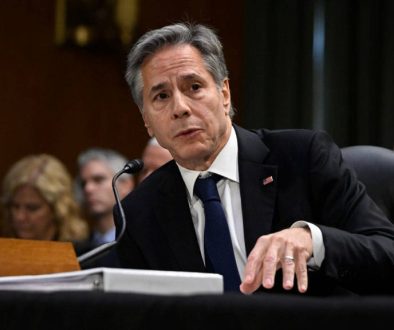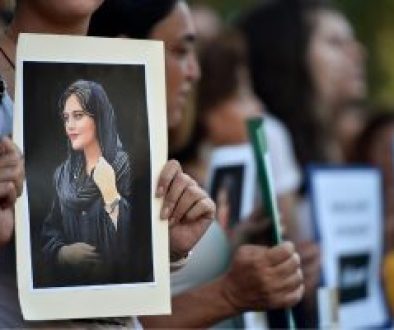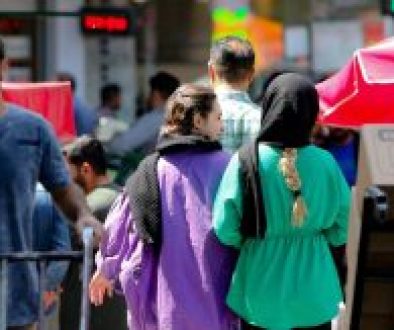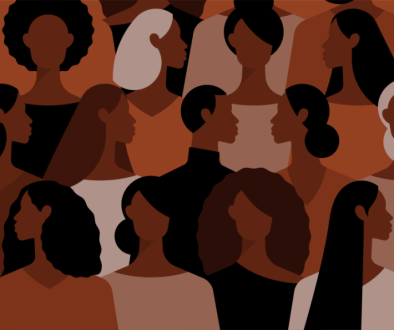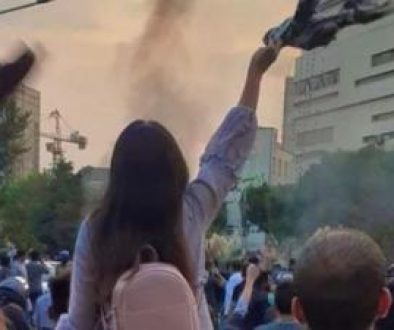The inclusion of all ethnic gruppa In Iran: Simin Sabri
My name is Simin Sabri. It has been more than thirty years since I was forced to leave my country after being arrested, losing my right to higher education and work. Now I work as a psychiatrist in Norway and here I represent the Council for Democracy of Iran, which is made up of several organizations and parties that believe that the regime after the Islamic Republic in Iran should be based on decentralization, democracy and secularism. And in that, not only the citizenship rights, but also the cultural and linguistic rights of the ethnic groups living in Iran should be included.
I am a woman, and my rights are violated in Iran under the anti-women laws of this country, which can rightly be called gender apartheid. This gender discrimination is clear to everyone after the murder of Mohsa Amini and the people’s uprising against the regime. But oppression in Iran shows itself in different layers. For example, I am also a Turkish citizen whose linguistic and cultural rights are suppressed.
But I am more inclined to talk about the opportunity given to recount the situation of arrested students and young people, prisoners and murdered children.
After the heartbreaking death of Mehsa Amini and the beginning of protests in Iran, images of police brutality and regime brutality were widely spread on social networks. Unarmed Iranian children, teenagers, women and men chanting “freedom of women’s life” in the streets, have been the target of indiscriminate use of firearms and military equipment in their small or large cities. It has devastated families and they are looking for their loved ones to see if they are alive or dead.
The reckless cruelty of the government is not limited to people protesting in the streets and shouting for their basic human rights. School and university students, journalists who reveal the truth about the regime’s oppression, political and trade union activists detained in prisons, doctors who merely cared for injured protesters, have all been targeted not only by the official government army, but also by extralegal forces. who illegally and brutally attack, harass and kidnap people in the streets.
Following peaceful protests and demonstrations, the government has since responded with more violence and threats against protesters. The tragic incident of setting Evin Detention Center on fire in Tehran is not the only example. On Saturday, October 29, the Judiciary News website mentioned the trial of at least 6 civilians accused of war crimes and the death penalty.
Today, the regime has gone beyond that and it has been signed by 212 members of parliament that the arrested people, whose number is estimated to be between 15,000 and 50,000, will be classified as “combatants against God”, which according to their laws are subject to death by hanging. In other words, the lives of thousands of prisoners and those arrested are at risk of death.
Considering all these sad stories of human rights fighters in Iran, we, as self-exiled Iranians living outside Iran, express our deepest concern about the events of the past months in Iran, which are still ongoing. Although we appreciate the expression of international solidarity from various organizations and especially public figures who supported the uprising in Iran to raise awareness about what is happening there, it is not enough to verbally condemn the violence. It is time to be more decisive and take drastic action. It is time to be brave like Iranian men and women.
We call on international institutions, including the United Nations, UNICEF, Amnesty International, ENNHRI (European Network of National Human Rights Institutions) and others, to take immediate action to prevent further violence by the Iranian regime and prevent further loss of life. . Our demands are not limited, but can be followed in several main demands:
-Prisoners in prisons across the country need international supervision and support. We call for the immediate intervention of the United Nations and Amnesty International to clarify the facts inside the detention centers.
– Numerous reports indicate that school principals have handed over their students to the security forces. One of the famous examples was a school in the city of Ardabil, which led to the death of a fourteen-year-old girl student, Asra Panahi. We call on international organizations, including UNICEF, to take immediate action against the Iranian regime to protect our children from police brutality in Iran. Since the beginning of the uprisings, at least 52 children have been killed in Iran, which requires immediate action.
– We ask the European Parliament and member states to recall their ambassadors from Iran and close Iranian embassies in their countries.

